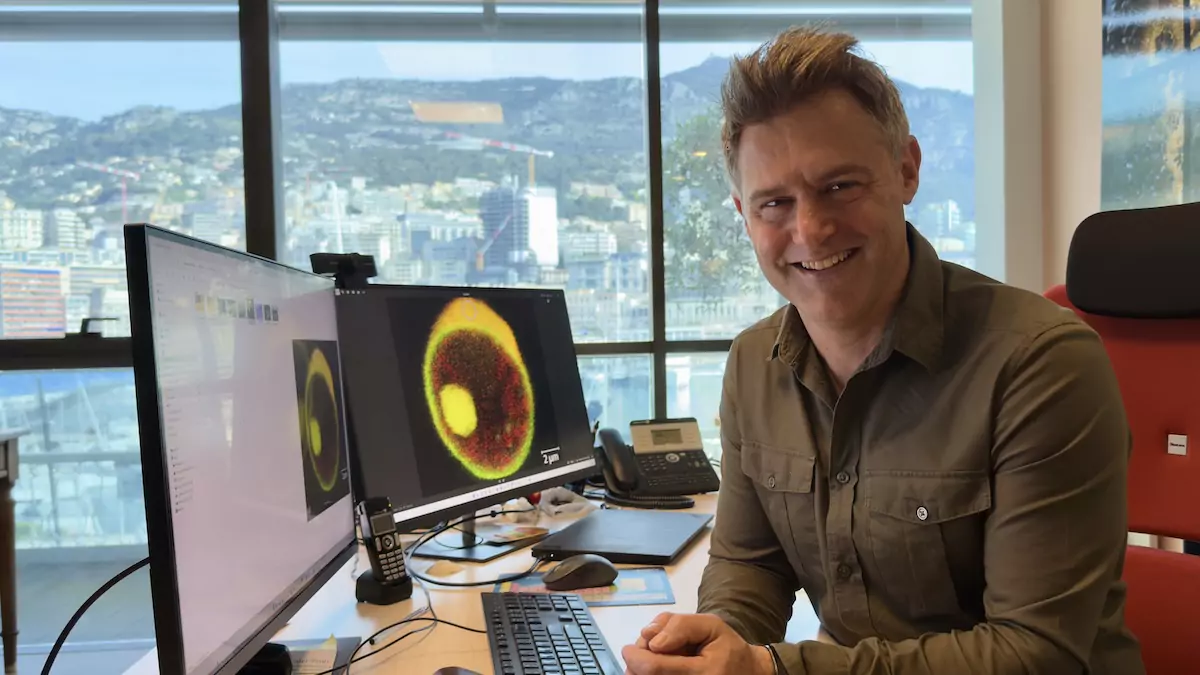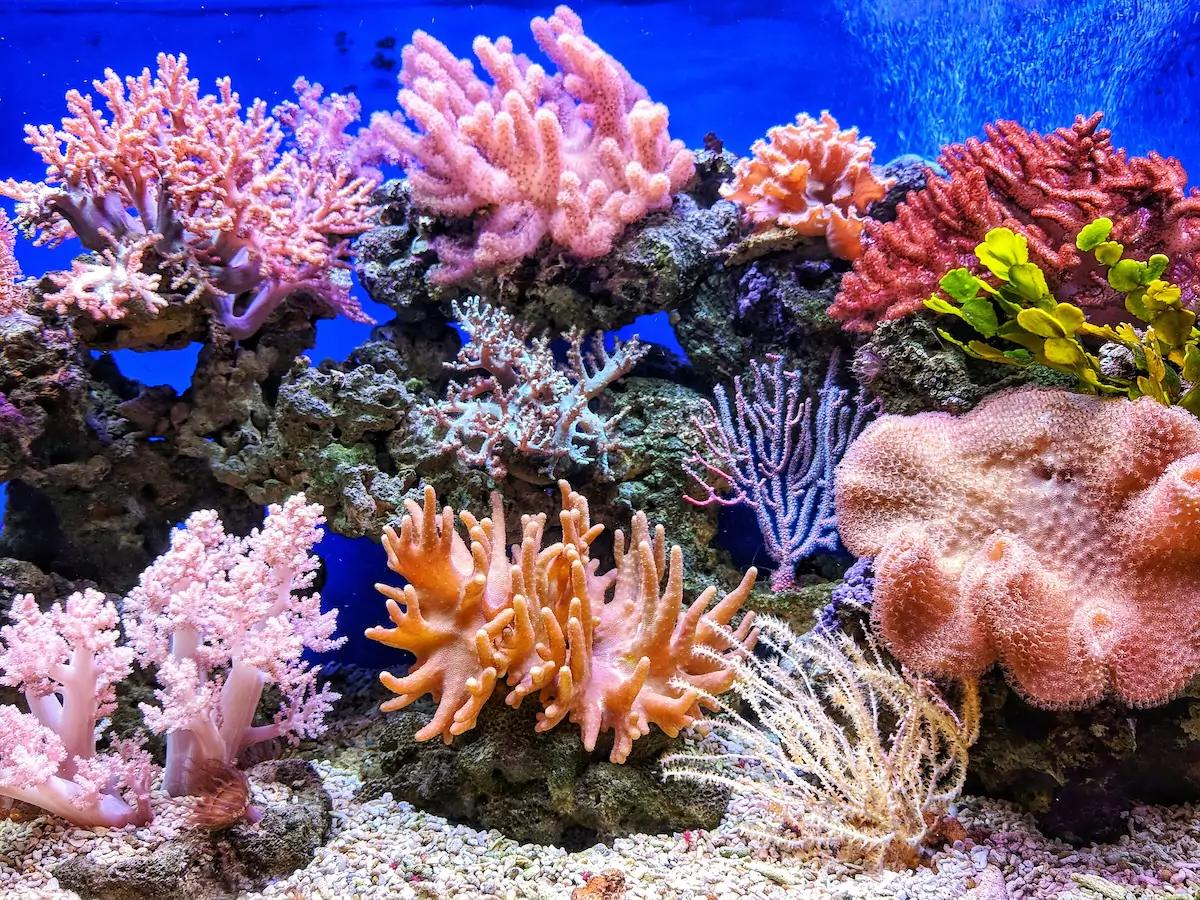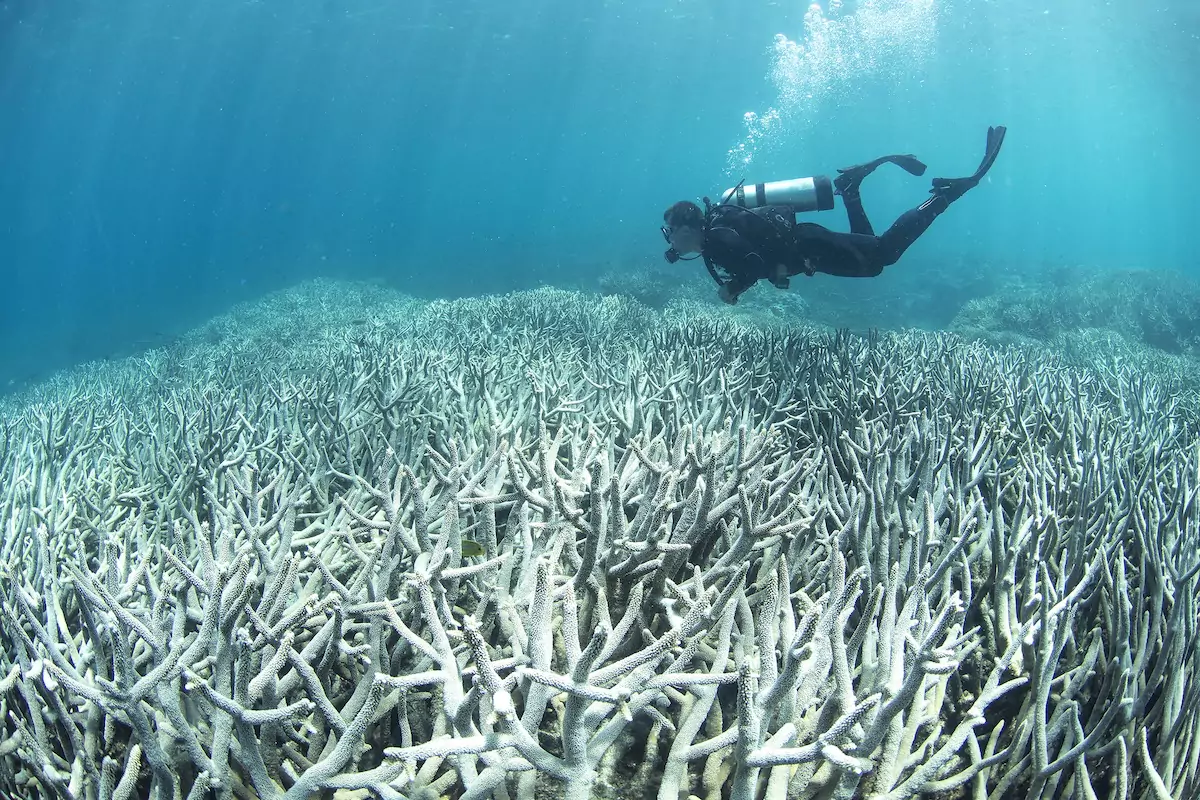As the most intense coral bleaching event in recorded history continues to unfold, scientists are raising urgent alarms that the window to save the world’s reefs is narrowing. Yet, as Alexander Venn explained to Monaco Life’s Cassandra Tanti, there is still time to act — and with swift, decisive intervention, the vibrant “rainforests of the sea” may still have a future.
The fourth global coral bleaching event, already considered the most widespread and destructive on record, continues to unfold with no clear end in sight. From January 2023 to March 2025, heat stress linked to climate change has impacted 84% of the world’s coral areas, with 82 countries and territories experiencing damage. Scientists have described the scale of this event as “unprecedented” — and have responded by expanding the global Bleaching Alert system with three new risk levels.
Previously capped at Level 2, the system now extends to Level 5, which signals a near-certain loss of over 80% of coral cover in the hardest-hit zones.

“It’s the coral reef equivalent of adding Category 6 and 7 to the hurricane scale,” said Dr. Alexander Venn, head of the Physiology and Biochemistry team at the Scientific Centre of Monaco. Speaking exclusively to Monaco Life, he explained that this escalation reflects not only the intensity of recent marine heatwaves, but their duration and global reach.
“These Degree Heating Weeks metrics — they show us just how long reefs are being exposed to stress,” he said. “In the past, if waters cooled quickly enough, some corals bounced back. Now, temperatures stay high for so long that many don’t get the chance. Entire ecosystems are blinking out.”
See also: Podcast: Coral Scientist Denis Allemand
According to the International Coral Reef Initiative (ICRI), which issued the report confirming the ongoing bleaching event, the main driver is climate change-induced ocean warming. Last year was the hottest on record, with global sea surface temperatures exceeding 21°C for the first time. In some regions, water temperatures have surged by up to 5°C — a critical threshold for coral survival.
Bleaching occurs when corals expel the symbiotic algae that give them colour and nutrients. If normal conditions return swiftly, the coral can recover. If not, they starve and die.
“It’s not just about losing colour,” said Dr. Venn. “It’s about losing life — the entire ecological architecture that depends on coral reefs: the fish, the food systems, the economies, the cultural ties.”
See also: Prince Albert II calls for global participation at Blue Economy and Finance Forum in June
Coral reefs underpin marine biodiversity, supporting a third of all known ocean species and benefitting more than a billion people through food, coastal protection, and jobs. Their estimated global value exceeds $10 trillion — yet their coverage has halved since the 1950s. If nothing changes, the report warns, climate-driven reef loss could cost the global economy $500 billion annually by 2100.
The ICRI report lays out a roadmap for avoiding that future. It outlines eight key policy asks and calls for a sevenfold increase in funding for reef protection. At the top of the list: drastically cutting global emissions and keeping warming as close to 1.5°C as possible. Current climate plans, however, put the world on a path toward 2.7°C — a scenario that would wipe out nearly all reef-building corals.

“We’re past the point where local efforts alone can save reefs,” said Dr. Venn. “They’re still vital — pollution control, sustainable tourism, coral restoration — but without rapid emissions cuts, they can’t keep up. The system collapses.”
He stressed that coral reefs have been overlooked in broader climate conversations, despite acting as “canaries in the coal mine” for planetary health. “What’s happening to reefs today is climate change in real time. This isn’t a future scenario. It’s now.”
Still, Monaco is offering hope through research and innovation. At the Scientific Centre, Dr. Venn’s team is studying how corals respond to temperature stress, with an eye on identifying species with greater thermal tolerance. Their work supports applied projects like the Coral Conservatory, where endangered species are sheltered in controlled environments, and restoration trials exploring whether resilient corals can be transplanted back into natural reefs.
“It’s bittersweet,” he admitted. “We’re essentially creating a coral archive in aquariums. But if this gives us a chance to replant reefs with thermally tolerant species in the future, then it’s worth every effort.”
As international scientists and climate envoys echo calls for policy change, from enforcing the “polluter pays” principle to embedding reef conservation into global climate frameworks, the urgency is universal.
“We can still turn this around,” said Dr. Venn. “But we need political will, international cooperation, and public support. Every degree of warming we avoid, every emission we cut, gives coral reefs — and the people who depend on them — a better chance at survival.”
Monaco Life is produced by a team of real multi-media journalists writing original content. See more in our free newsletter, follow our Podcasts on Spotify, and check us out on Facebook, Instagram, LinkedIn and Tik Tok.
Photo credit: The Ocean Agency / XL Catlin Seaview Survey / Richard Vevers.
